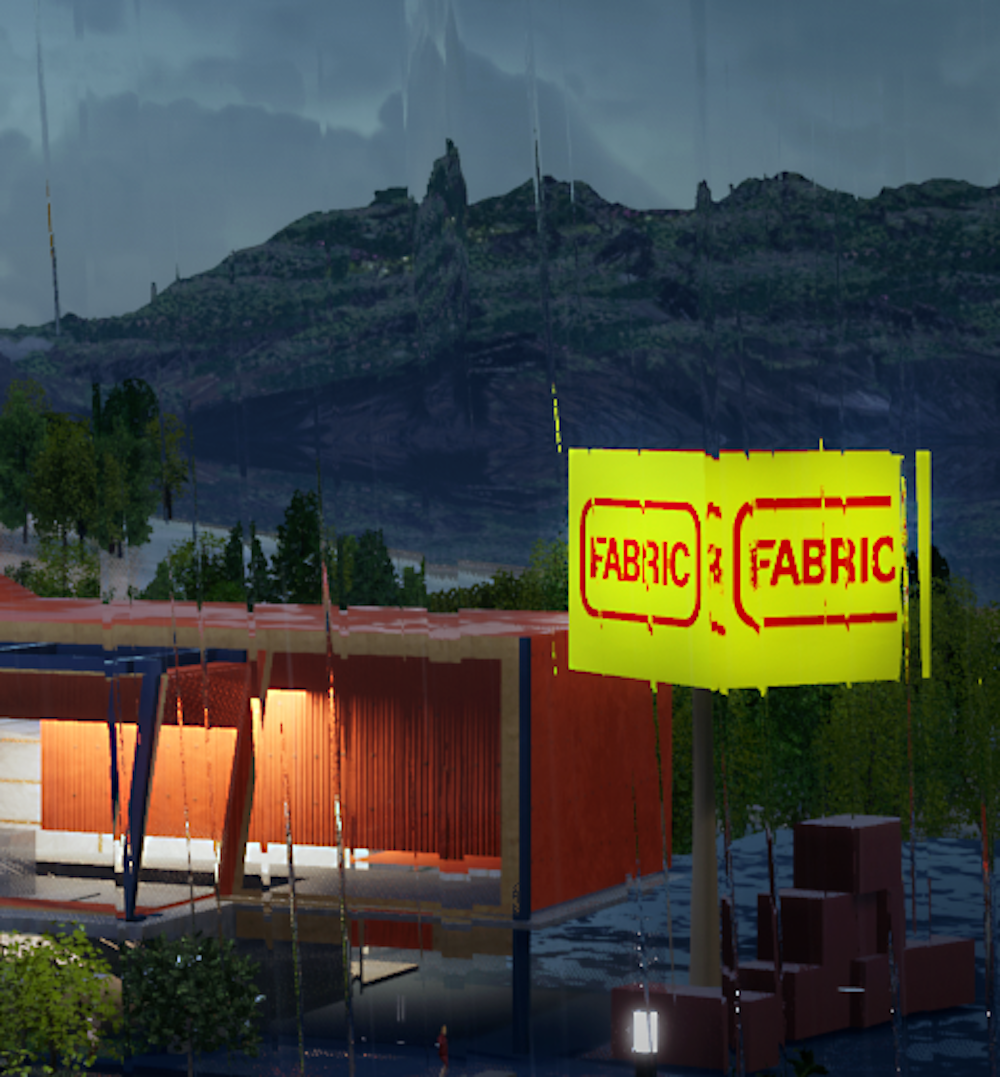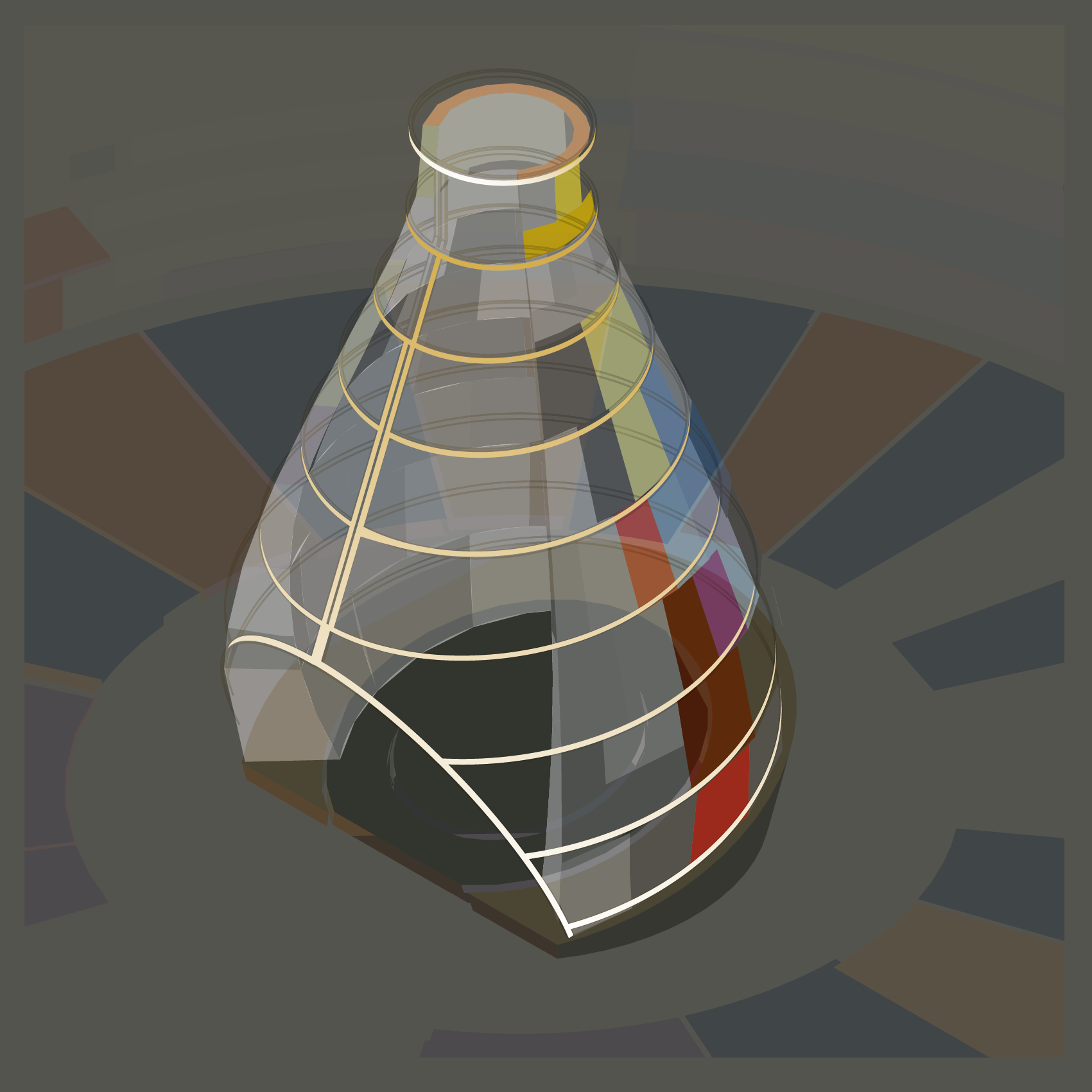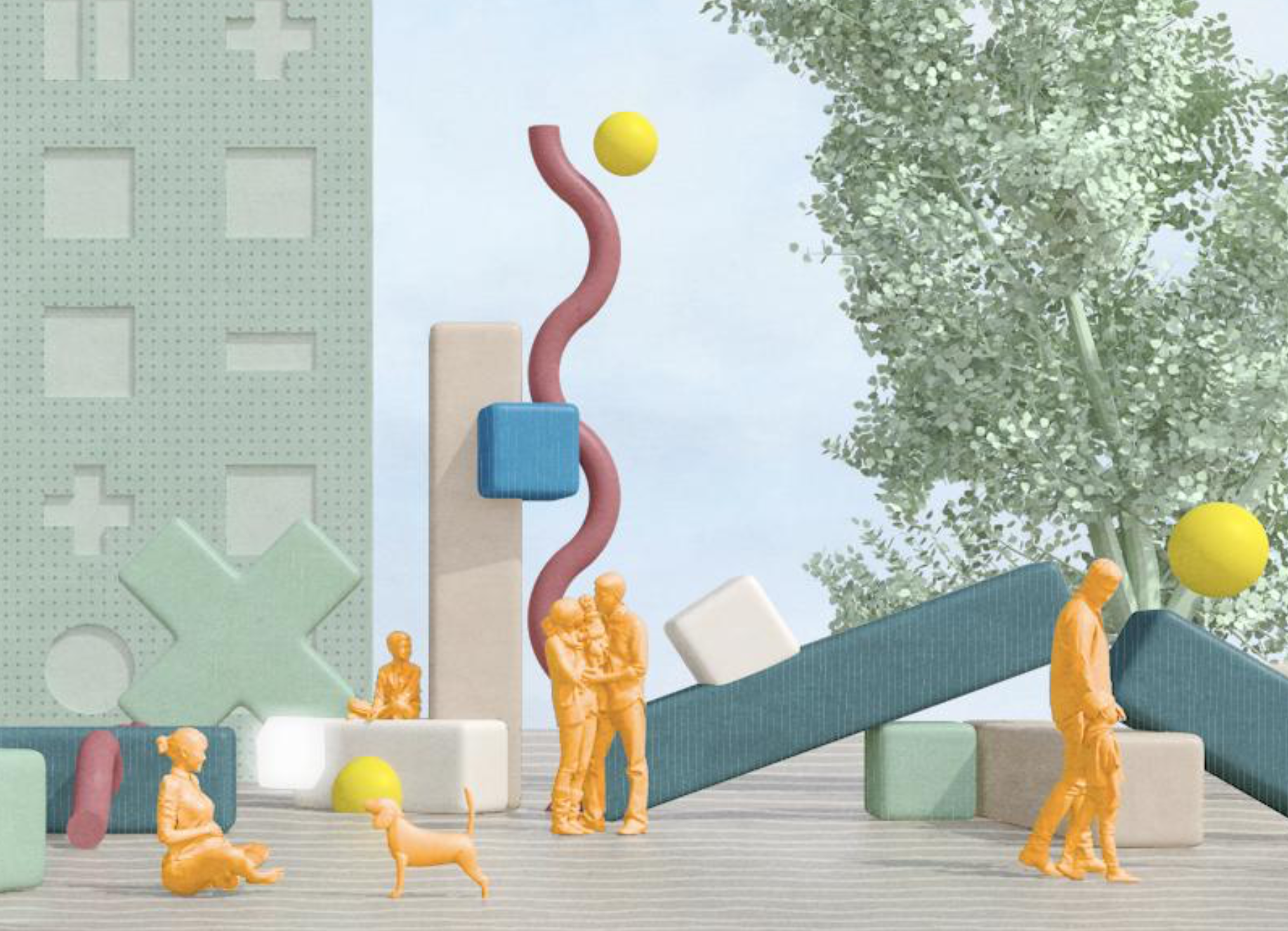
Formula
2020
Growing up in the age of machine intelligence
With Alina Kvirkveylia
Formula is a speculative research proposal to investigate how we might collectively decide our relationships with artificially intelligent companions.
Contemporary forms of living and sharing are enabled and often dependent on networked platforms – even if we can sometimes barely understand their underlying mechanisms. At the same time, our near future is likely to be drastically shaped by tools not yet built and artificial intelligences not yet even trained.
The first generation who have lived and often shared their entire lives in the digital age are starting to have families of their own. As it becomes more common, what happens when living with such technology becomes co-parenting? If your neighbours own an always-on voice-recognition personal assistant is it your neighbour too?

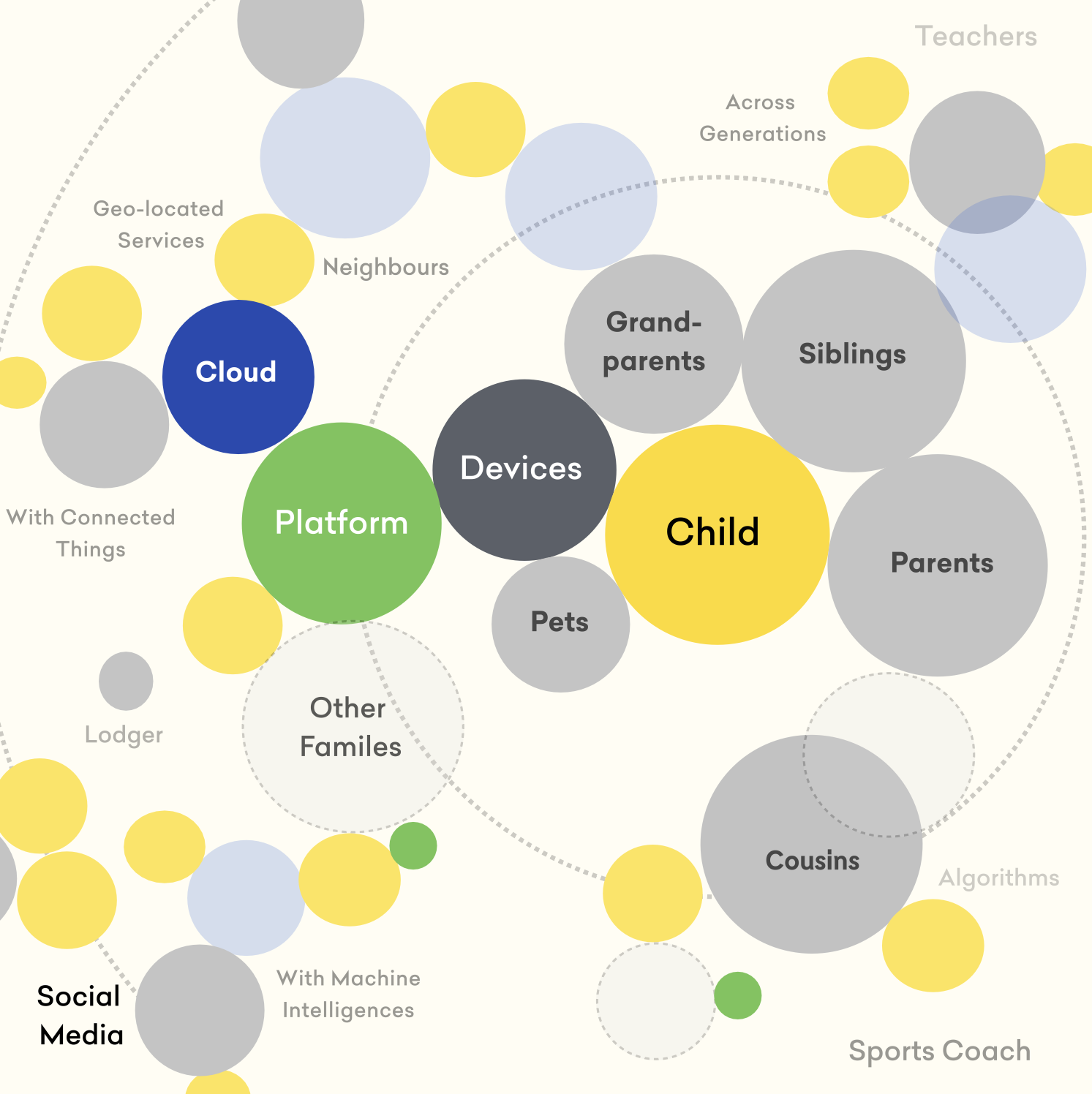
Training Ground
A child born today may encounter a world increasingly populated by technologies that are also learning ever more precisely from, and about them. They will enter a world already entangled by connectivity and likely generate big data footprints, perhaps before they are even born and joining what we could call The New Extended Family.
Many of the earliest sensory perceptions of the next generation will take place in spaces and environments simultaneously serving as the 'training' grounds for software agents and deep learning systems. Already capable of dazzling linguistic, conversational and analytical feats, such services continue to grow in accuracy and reliability, and young children are beginning to encounter devices and interfaces that are for the first time meaningfully confusing, with respect to the question of artificial identity.
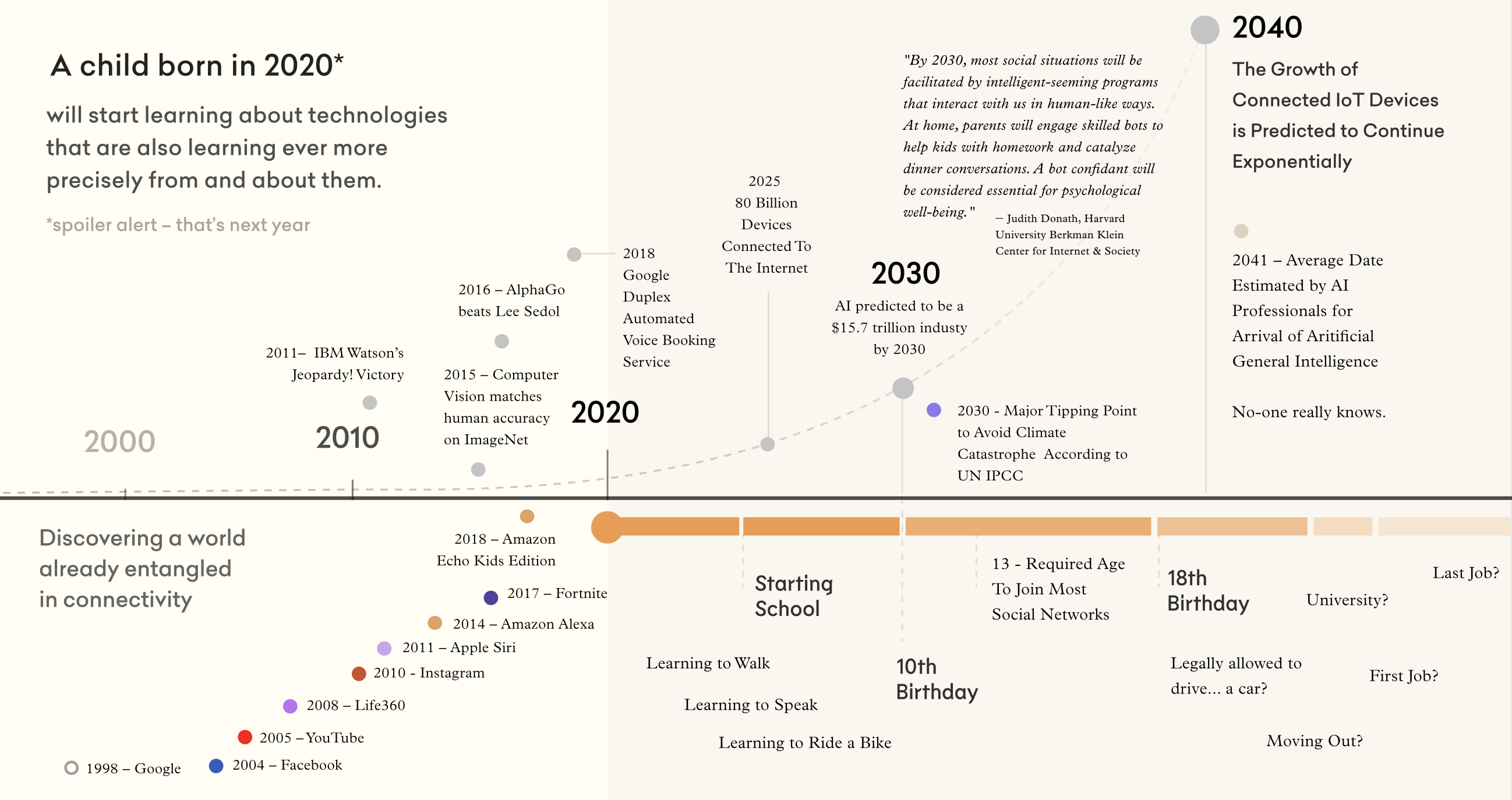
Talking To Strangers
Developments in machine learning conversational or ‘chatty’ systems and image recongition can increasingly operate off-line - in so-called ‘federated’ learning environments.
At the same time our interactions and the spatial design of public and private spaces will increasingly be shaped by conversations with agents we get to know but cannot see, from Alexa’s and Siri’s in our mobile devices to screens, cars, lampposts and even plant pots. It seems likely that we will continue to use such technology to help us manage the mixed-use city of the future and the operational complexity of juggling shifts of occupancy, function and social program.
"By 2030, most social situations will be facilitated by intelligent-seeming programs that interact with us in human-like ways. At home, parents will engage skilled bots to help kids with homework and catalyze dinner conversations. A bot confidant will be considered essential for psychological well-being."
Judith Donath, Harvard University Berkman Klein Center for Internet & Society
“One seven-year-old girl said she thought Google Home was smarter than Alexa because it gave her more information about sloths.”
Understanding Generation Alpha Wired Consultants Report 2018
There is a deep cultural history of associating objects with personas, from mystical daemons to allegorical familiars - it's in human nature (or neurobiology) to personify the things around us. The construction of narrative is a fundamental part our abstractive capacities, helping us navigate a complex world and our community structures are of course, often based on forming collective memories and stitching such stories into shared social histories.

Whether you feel that the personification of objects and the creation of such characters is a by-product of evolution or part of a more spiritual tradition, it’s hard to dismiss it’s significance in our everyday lives, especially for the youngest members of our society.
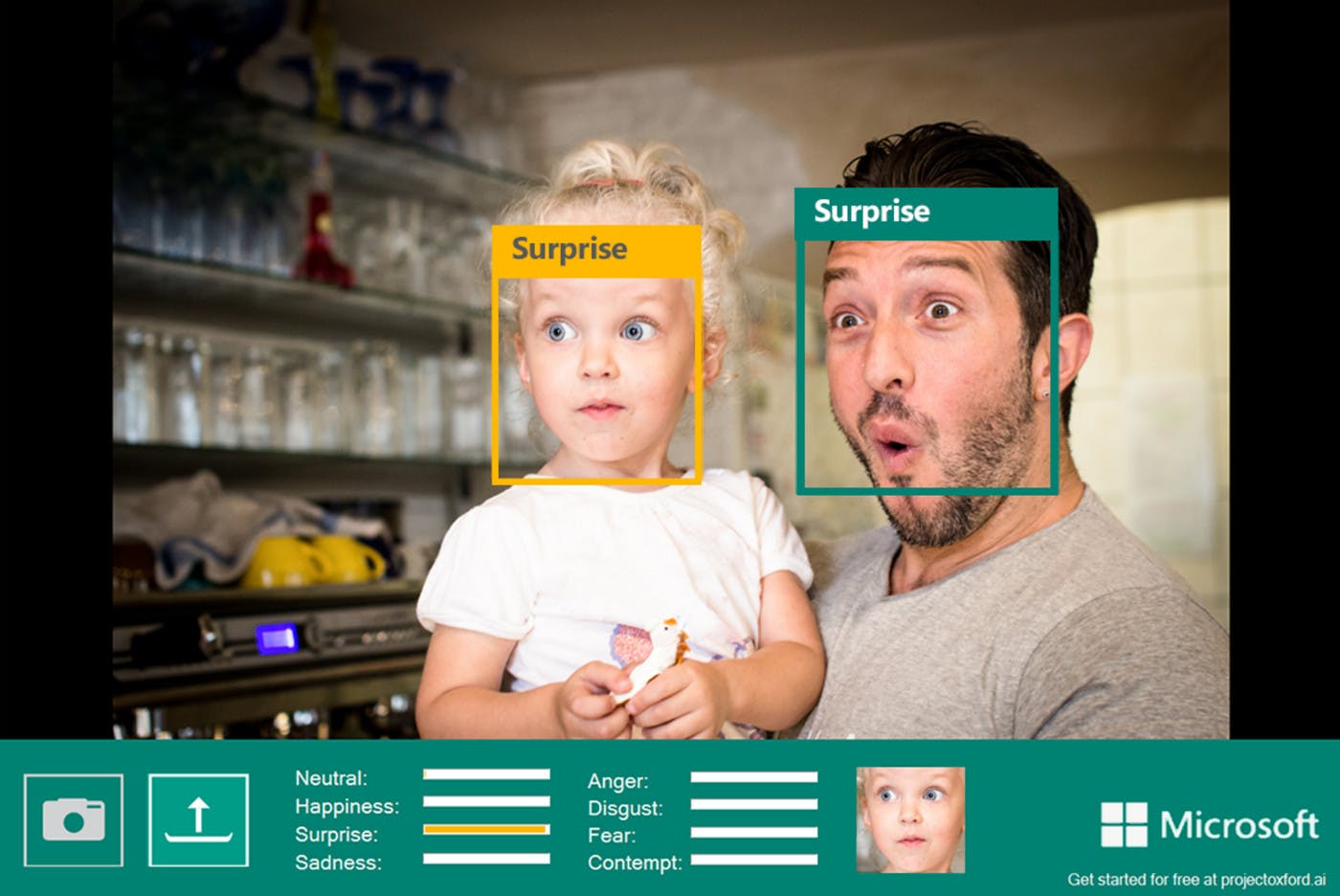
Systems That Build Systems
For many the highly centralised, opaque and proprietary operational patterns that underpin some of our platformed services are highly disconcerting and concern about data collection practices have been growing almost as rapidly as technology advances. However the range of feeling is very broad and many families lie on a spectrum between deep suspicion and rapid adoption - in some cases both.
If we could restructure our relationship with machine learning technologies, could they actually help us build more liveable and open communities? Could these advancing technologies be shaped to express the local values of groups and communities they find themselves in? How might parents and communities decide the terms for these systems so they can really join the family in a more socially responsible way?
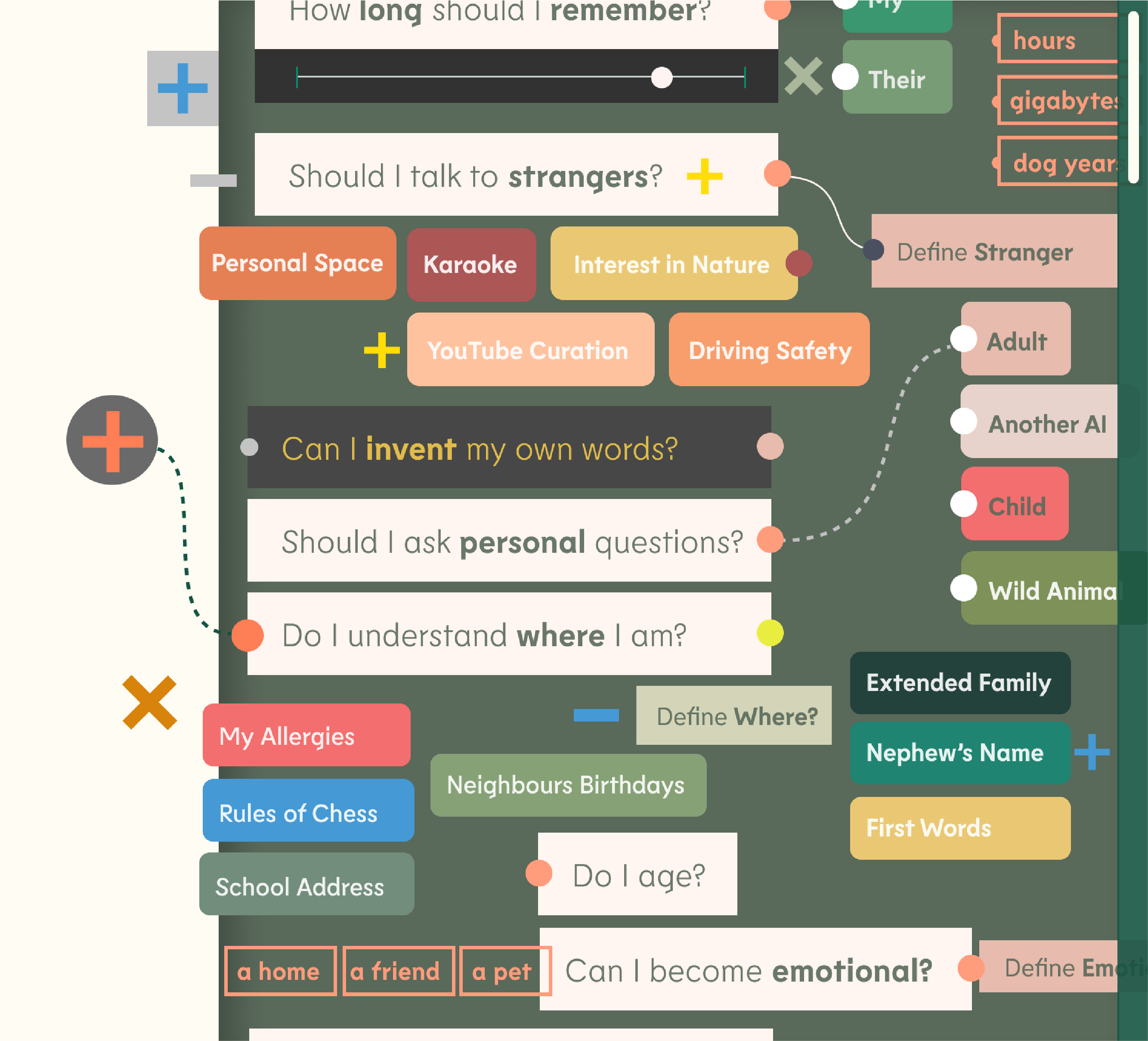
Formula proposes a new set of new prototype tools to investigate the complexities that emerge as we encounter technology that learns and talks, to help us co-design and co-define new metaphors, boundaries, characteristics and data standards for our artificially intelligent companions so that they might help us share our homes, public spaces and ultimately our lives in a more human, more meaningful ways.
At the heart of this idea is that it may be possible to keep new systems within more human-readable boundaries that we might reasonably expect of all members of society. While of course this may increase the sense of agency over such systems, more subtle questions arise about how we define such models for ourselves. Could it be the case that the discussion and organisation of these systems by informed communities is itself a valuable social exercise in an increasingly polarised digital world?

The tendency in debate surrounding artificial intelligence is to see it uniformly as something that continues to grow in 'power' until it reaches a point beyond human comprehension. While in the long term future this might become true, the decisions we take en route may be just as consequential. By establishing criteria and limits around which machine intelligences can relate to the world and to social life, could we arrive at a diaspora of agents that relate the memories, language and culture to other members households or community members, potentially across generations into the future?
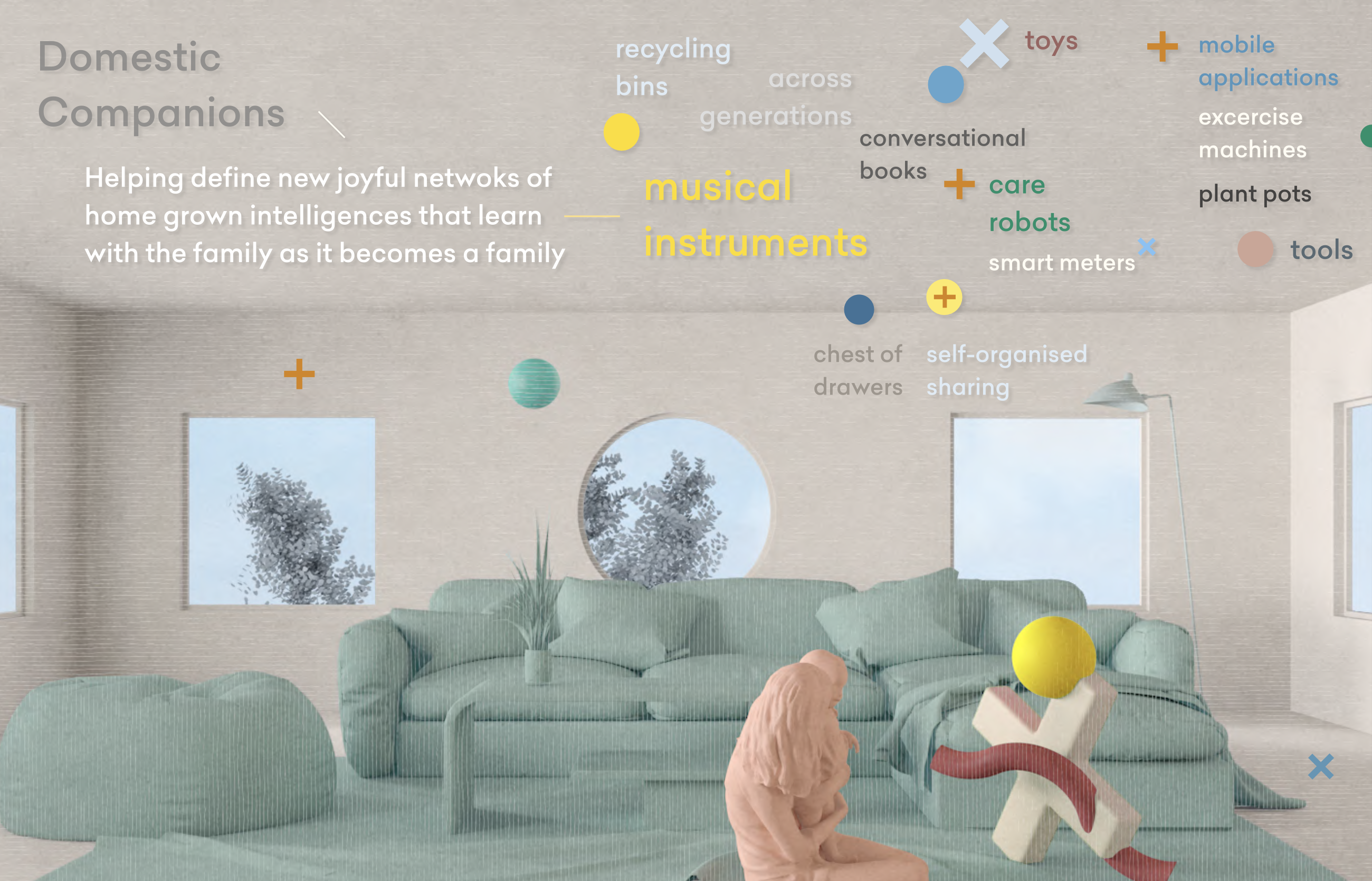
Learning to orientate ourselves, as the emerging field of conversational interfacing becomes interwoven with the human process of sense-making is an urgent task. We have already, for instance, arrived in the age of fast, computationally cheap voice mimicry - the ability to accurately and quickly simulate individual voices and inflections to produce almost entirely convincing digital remakes. Perhaps our social engagement with digital systems and the cultivation of real relationships with them is however, the organic evolution of the human fascination with narrative?

This project was originally the result of a speculative proposal and the questions raised are being further explored in as yet published work. If you'd like to know more please get in touch: chris [at] burman [dot] work


